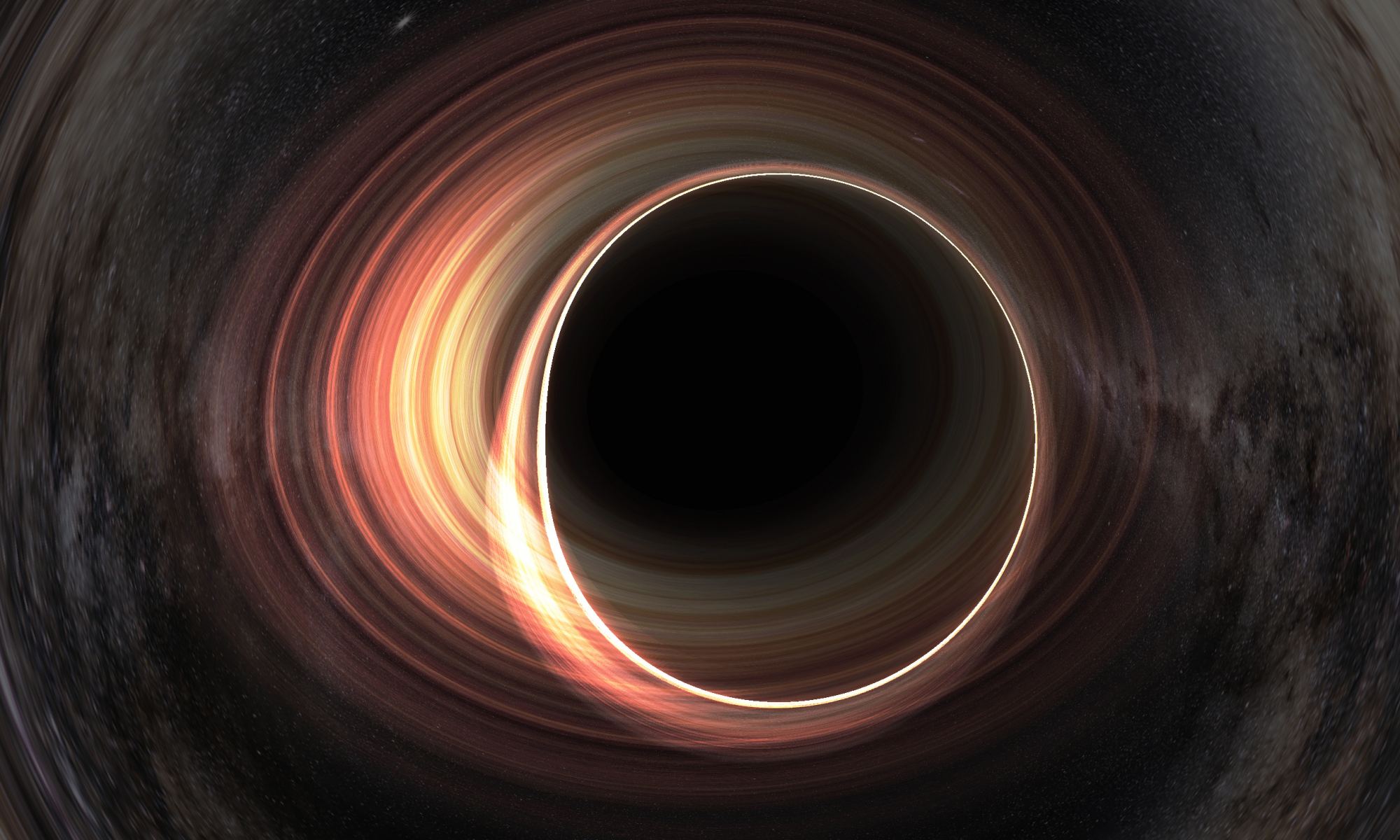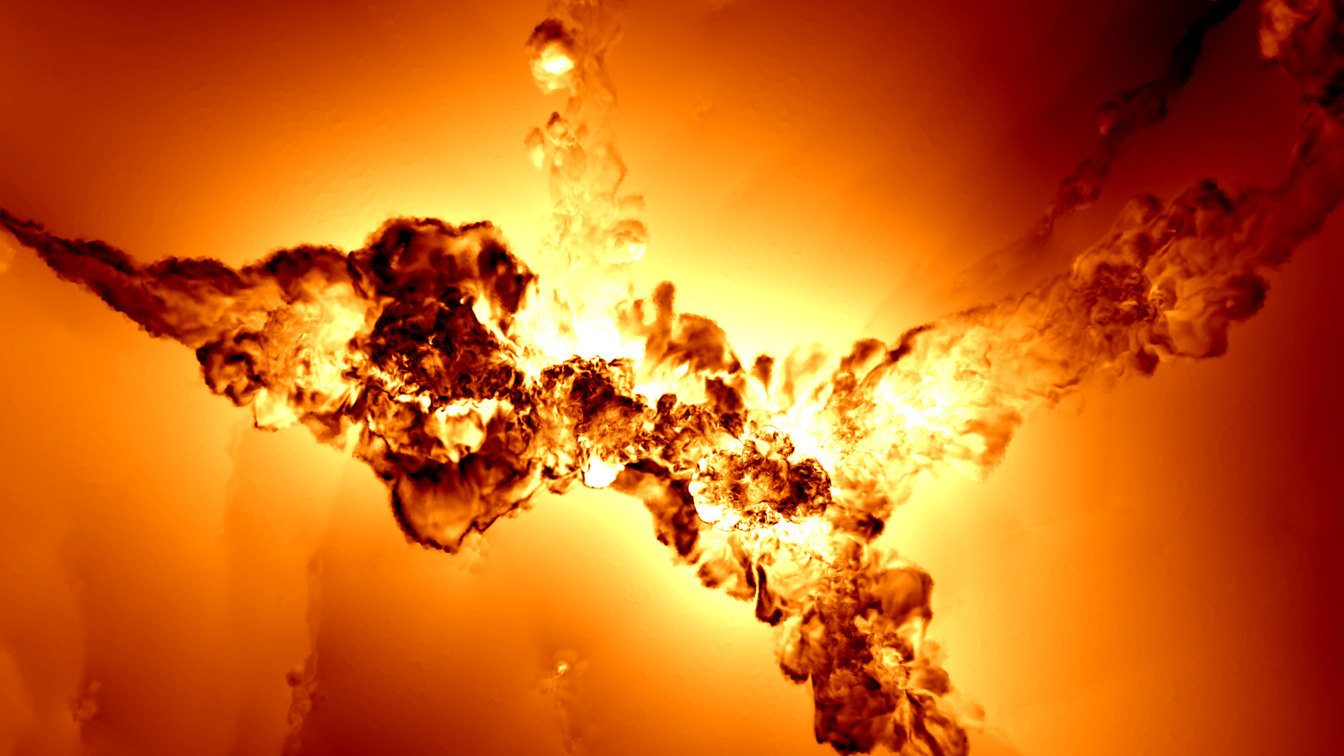In 1971, English mathematical physicist and Nobel-prize winner Roger Penrose proposed how energy could be extracted from a rotating black hole. He argued that this could be done by building a harness around the black hole’s accretion disk, where infalling matter is accelerated to close to the speed of light, triggering the release of energy in multiple wavelengths. Since then, multiple researchers have suggested that advanced civilizations could use this method (the Penrose Process) to power their civilization and that this represents a technosignature we should be on the lookout for.
Examples include John M. Smart’s Transcension Hypothesis, a proposed resolution to the Fermi Paradox where he suggested advanced intelligence may migrate to the region surrounding black holes to take advantage of the energy available. The latest comes from Harvard Professor Avi Loeb, who proposed in a recent paper how advanced civilizations could rely on a “Black Hole Moon” to provide their home planet with power indefinitely. The way this black hole would illuminate the planet it orbits, he argues, would constitute a potential technosignature for future SETI surveys.
Continue reading “New Study Proposes how a Black Hole in Orbit Around a Planet Could be a Sign of an Advanced Civilization.”

